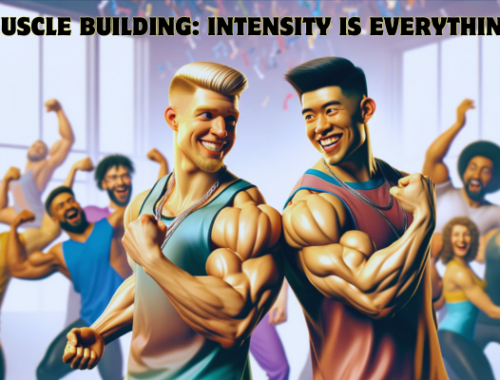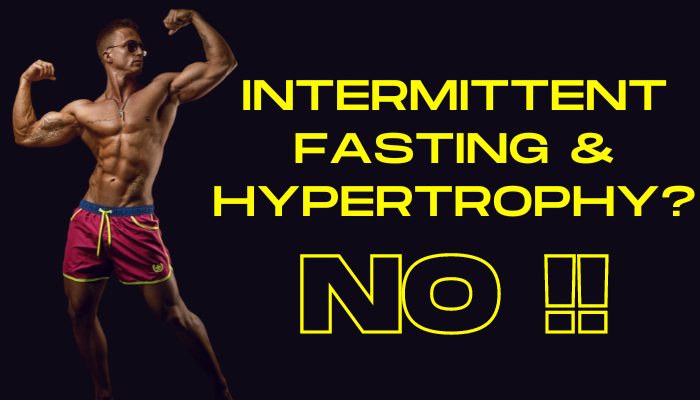
WHY YOU SHOULDN’T DO INTERMITTENT FASTING IF YOU WANT TO GAIN MUSCLE MASS
Intermittent fasting has gained widespread popularity over the last few years due to its proven benefits for weight loss, improved insulin sensitivity, and general health enhancement. However, if your primary objective is to gain muscle mass, intermittent fasting might not be the best strategy to pursue. This article delves into the reasons why intermittent fasting may not be beneficial for those looking to build muscle, with a focus on nutrition and training considerations.
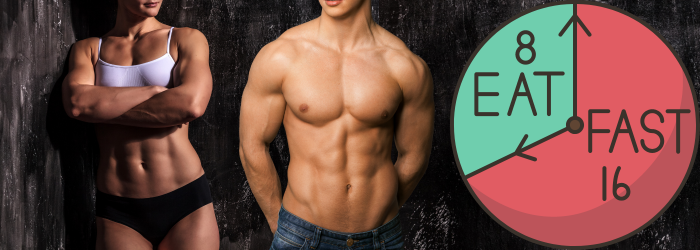
The Role of Nutrition in Muscle Gain
The science of muscle gain is primarily rooted in the basic principle of energy balance. To gain muscle, your body requires a higher energy input than output, leading to a caloric surplus. This surplus is achieved by consuming more calories than you burn throughout the day. Severe intermittent fasting can make it challenging to meet this caloric requirement due to the reduced window of time available for eating. Moreover, protein distribution throughout the day is crucial in maximizing muscle protein synthesis. In an intermittent fasting regime, you may struggle to consume the right amount of high-quality protein evenly across meals.
In addition, building muscle effectively requires essential nutrients, including not only protein, but also sufficient carbohydrates and fats. These macronutrients contribute to your overall caloric intake, provide energy for intense workouts, and play significant roles in processes such as hormone production. By compressing the eating window, intermittent fasting might compromise the quality and quantity of nutrients intake necessary for muscle growth.
Training and Intermittent Fasting: The Energy Dilemma
Resistance training is the bedrock of muscle growth. However, intensive workouts require a significant amount of energy, which is predominantly sourced from food. In a fasted state, you might experience fatigue more rapidly and find it challenging to sustain the intensity of your workouts. This could adversely impact your progression towards your muscle mass goals. It’s worth noting that while training in a fasted state can boost fat burning, the primary goal of gaining muscle mass requires adequate energy to perform strenuous workouts and stimulate muscle growth.
Importance of Meal Timing for Muscle Recovery and Growth
Another critical factor for muscle growth is post-workout nutrition. Following an intense workout, your body needs nutrients to repair damaged tissues and promote muscle growth. The window immediately post-workout is crucial for providing these nutrients, particularly protein for muscle repair and carbohydrates to replenish glycogen stores. Intermittent fasting can interfere with this recovery window, which could affect the efficacy of your training.
In a typical intermittent fasting plan, the restricted feeding window may not align with your training schedule, leaving your muscles deprived of essential nutrients when they need them the most. This discrepancy could hinder your muscle recovery and growth, and potentially lead to muscle breakdown over time.

Conclusion
While intermittent fasting comes with numerous health benefits and can be an effective tool for weight loss, it may not be the optimal choice for those aiming to increase muscle mass. The time restriction can pose challenges to meeting sufficient caloric and nutrient intake, decreasing energy for intense workouts, and interfering with post-workout recovery timing.
Instead of severe intermittent fasting, a more balanced approach to nutrition and meal planning, tailored to your muscle gain objectives, might be more effective. Consider a diet that provides a caloric surplus with an appropriate balance of macronutrients and aligns with your training schedule to maximize muscle recovery and growth. Always remember to consult with a healthcare professional or a registered dietitian before embarking on any new diet or exercise routine.
También te puede interesar
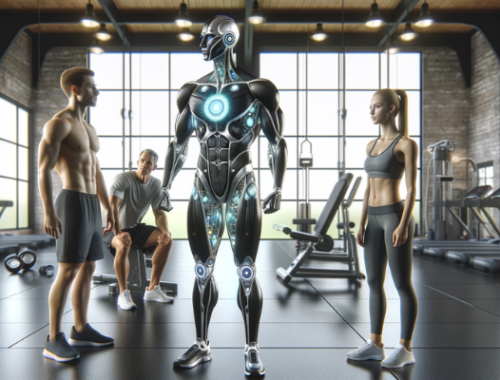
THE RISE OF ARTIFICIAL INTELLIGENCE IN FITNESS ROUTINES: PERSONALIZATION AND EFFICIENCY
febrero 1, 2024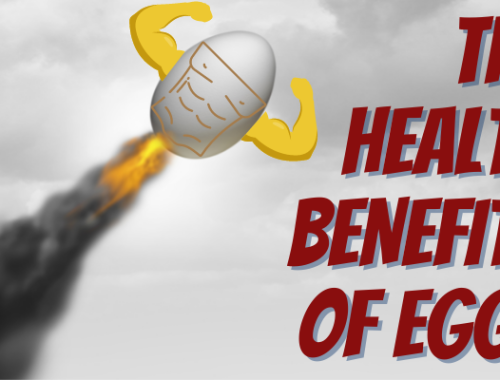
THE HEALTH BENEFITS OF EGGS
mayo 12, 2022